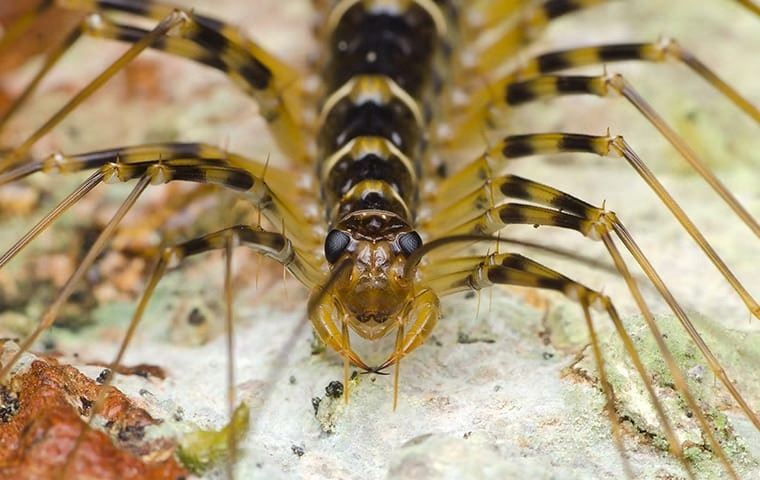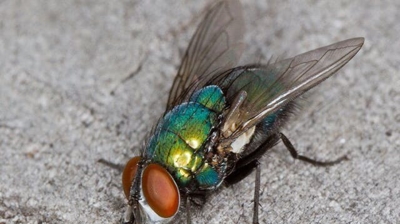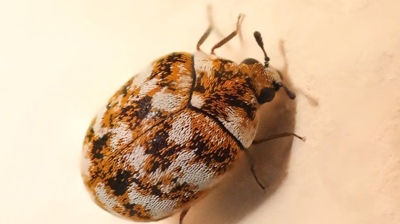
Centipedes Identification & Prevention
Frequently Asked Questions about Centipedes
Have questions? We are here to help. Still have questions or can't find the answer you need? Give us a call at 252-424-7966 today!

-
How can I prevent centipedes in the future?
Pests are not just a nuisance; they pose potential health threats and are capable of damaging property. Avoid problems with centipedes with the help of the following prevention tips.
- Check the foundation of your home and caulk any openings you find.
- Place door sweeps on all exterior doors.
- Cut back overgrown grass or vegetation from your foundation and exterior walls.
- Place a crushed rock or stone barrier between any soil or mulch and your foundation.
- Get rid of excess piles of organic debris from your yard.
- Make sure gutters are clear and directing water away from your foundation.
- Inside, reduce humidity levels by utilizing dehumidifiers or air-conditioners.
- Fix leaky pipes and faucets.
- Place a mesh cover over drain openings.
Reach out to us today for pest control in Elizabeth City that you can rely on!
-
How do I get rid of centipedes?
Acquiring help from a professional pest control expert is the best way to eliminate centipedes and keep them from returning. At Albemarle Termite & Pest Control, our technicians are highly trained and dedicated to providing safe and effective home pest control services that are affordable. We are a local, family-owned pest control company whose number one priority is putting our customers first and exceeding expectations. For home or business owners looking to eliminate pests from their property once and for all, call Albemarle Termite & Pest Control today!
-
Where will I find centipedes?Centipedes living outside do so in protected damp areas like under landscaping ties, logs, rocks, and woodpiles. Inside buildings, they also choose damp, protected areas like under sinks or inside cabinets located in basements, kitchens, or bathrooms.
-
Why do I have a centipede problem?Centipedes are a species that usually live outdoors, feeding on a variety of nuisance insects like spiders and other arthropods during overnight hours. During the day, they hide in damp, dark areas that are often close to homes and other structures. Centipedes move inside during periods of extreme weather, getting in through openings in the foundation, through drains, or under basement doors. Once inside, they look for dark, damp areas that mimic their outdoor environment.
-
Are centipedes dangerous?Centipedes are nuisance pests that are annoying to deal with and difficult to control and eliminate. Centipedes do have venom that they can inject into a person if a bite does occur; however, the bite causes no more than temporary pain and no lasting effects. While bites are rare, it is probably best not to handle these leggy creatures.
-
What are centipedes?Centipedes are yellowish to dark brown in color, and some may have dark stripes or other markings on the body. This arthropod has a flattened, elongated shape and worm-like appearance. Each body segment has one pair of legs, and most species, depending on their size, have between 15 and 177 legs. Centipedes have long antennae covered in dense hair that helps them locate prey. Their first pairs of limbs end in sharp claws and contain venom glands. They inject venom into prey to paralyze and subdue it. The centipede’s less-than-cuddly appearance and quick movements cause these pests to startle or scare people—making them an unwanted houseguests.



